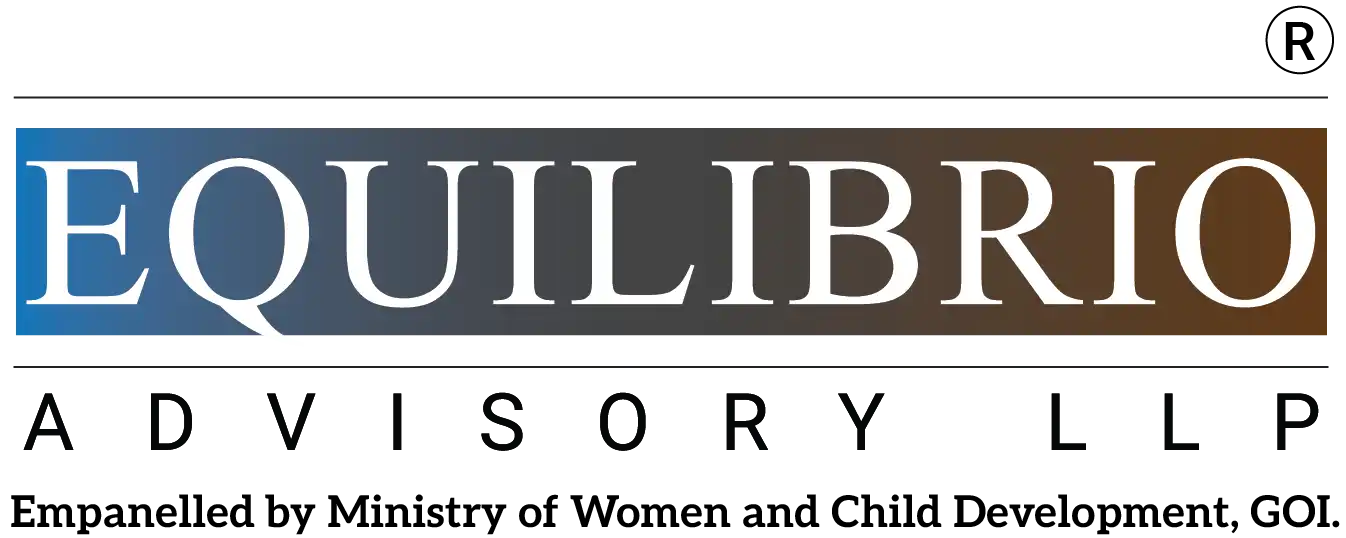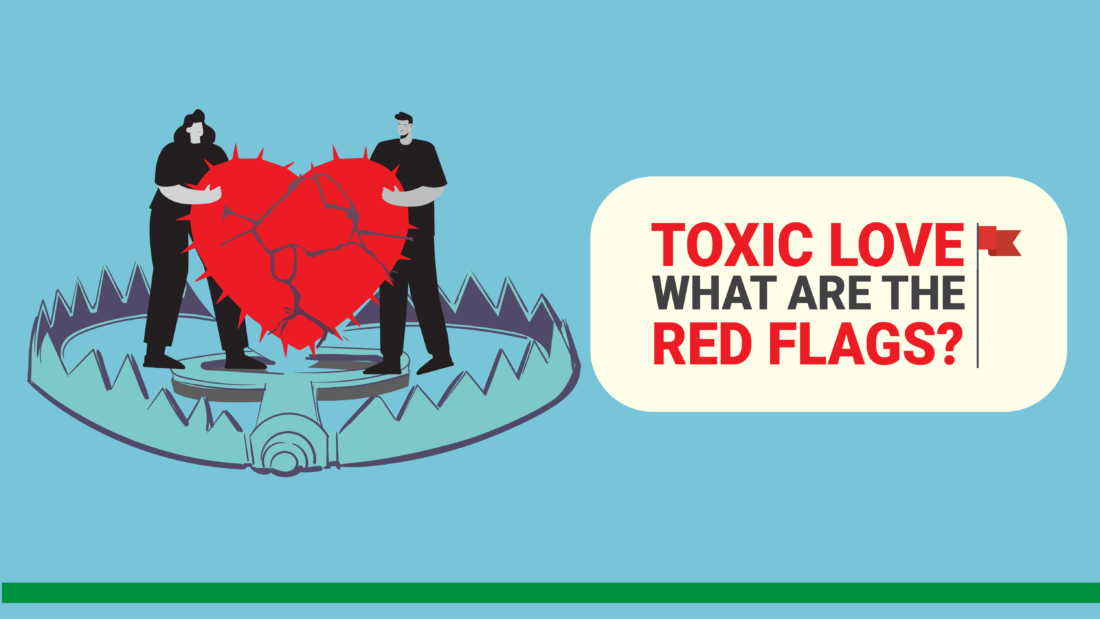We are given to believe that all relationships are like magic and butterflies, easy and simple, where everything just fits. The truth is that there are many important aspects required for a healthy relationship – appreciation and respect between the people in the relationship that honours their joint and individual values, hopes and dreams. A healthy relationship will enable partners to not only build a strong relationship together, but to also build their relationships with other people. Partners in a healthy relationship will also support each other in realizing their aspirations and endeavours both professionally and personally, sometimes even in the simplest ways.
A healthy relationship isn’t marked with the absence of conflict. However, the manner in which conflict or disagreement are approached become important.
In relationships that are toxic, there may be underlying tones of control, dominance and inequity that shows up in myriad ways. Often the impact to the partner being controlled includes unease, fear, anxiety, frustration, grief and even anger. In relationships consistently marked with these emotions, the relationship is no longer a source of joy, and one may lose sight of oneself, even though it seems like there is still so much love there.
Sometimes, Love itself can be weaponised and used as a tool for control and manipulation. Controlling behaviours are all red flags, particularly when they lead to erasure of the self, invisiblization of one’s own needs, wants, relationships, desires and creativity.
Toxic behaviours are not always obvious, and apparent, sand can be very subtle manipulations. Hence, it is extremely important to spot the signs and call out toxic patterns.
üö©Jealousy and possessiveness:
We grow up consuming many ideas and concepts not just from what we witness in the interactions around us, but also from the media we consume. And unfortunately, there are all too many tropes out there that glorify jealousy in a relationship. Particularly in romantic relationships, jealousy, obsession and possessiveness are seen as indicators of true love and desire, however these traits may mostly point to a dysfunctional relationship and a partner’s inability to trust and communicate.
üö© Social Withdrawal or isolation:
We often do not notice the indicators or red flags that show up in a relationship especially when the impact is to us.
Usually at this point a person may be so focussed on protecting the relationship or making it work, that they might not even notice that suddenly other significant relationships may have fallen away and all their energy goes only into the relationship. Over time, such relationships can lead to total isolation of one partner from their social networks and circles and is a huge red flag that even loved one’s can take note of.
üö© Anxiety, stress:
Often if one finds themselves always anxious or stressed in a relationship, living in fear of the what ifs, and feeling like one is always sitting on pins and needles, remember that these emotions are messengers and may the red flag telling us it’s time to take stock of the relationship.
üö© Unhealthy Communication :
The inability to communicate in a healthy manner, address conflict and arrive at creative resolution can be a red flag in any relationship. We are not always taught these skills and each couple arrives at a rhythm for communication on their own, however, stonewalling or the refusal of a partner to communicate or cooperate can tear the very fabric of the relationship. This can be very frustrating for the other partner as it leads to deflection, arguments, responding to questions with questions, thereby stalling or avoiding an actual resolution and rendering points brought up by the partner redundant.
üö© There is no space for a no:
Consent is key, and yet in some relationships a person may feel like they no longer have the ability to say ‘no’, or that their ability to say no or be assertive is undermined. This may occur through emotional blackmail, guilting a person or making them feel like there is no other choice through coercion, aggression, violence and other means.
üö© Dishonesty:
Dishonesty as a trait is a red flag, that undermines one of the core foundational aspect of a relationship which is trust. Habitual dishonesty that comes not only from outright lying but also fudging the truth or omitting details can also damage the relationship between people.
Sometimes one may find oneself in a position wherein we feel forced to lie in a relationship to avoid any anger or outburst or unpleasant reaction to the truth. This too is a sign that somewhere in the relationship, trust is impacted.
üö© Envy, lack of support:
In relationships, we look for a sort of supportive companionship. It’s painful to experience one’s partner’s distance, envy or lack of support when it comes to our own progress. Especially when the pursuit, endeavour or relationship that is the object of this envy is something that is important to one’s own independence and selfhood, this behaviour can be a red flag.
üö© Unhealthy Coping:
How partners choose to cope with the fall out during relationships is also significant red flag. If a partner’s way of coping is to indulge in ignoring or cutting out the partner, threatening, or indulging in unsafe behaviours it could point to one’s inability to deal with the surging unpleasant emotions or not knowing how to respond to these emotions in a healthy manner, looking at the long term benefits.
üö© Gaslighting:
Gaslighting refers to the act of manipulating a person into questioning their own perception or reality, memories or meaning making of situations. This is a form of psychological abuse and the subtle ways this may show up in relationships initially is definitely a red flag to look out for.
üö© Diminished sense of self worth:
Ideally, relationships give us much to add on to in terms of our sense of self and bring in a sense of joy and fulfilment.
A big red flag that we tend to not notice has to do with the feelings arising within us. Along with the frustration, anger and hurt that may come from interactions that are toxic, we must look a little deeper to check if the impact to our sense of self is also occurring. A diminished sense of self, self-worth cannot be ignored and are indicators that something, somewhere is not working as it should.
It’s great to be aware of and to be able to spot the signs that may signal that a relationship is toxic. But what does one do next?
Remember it’s okay to feel what you are feeling. It’s okay to want to work on a relationship. However, it will work only if all partners are able to take accountability for their behaviour and it’s impact and if all partners are truly invested in making things work.
Therapy is a great way to begin that journey of introspection, awareness and change together, and to build skills and tools to respond to emotions, increase tolerance, decrease impulsive behaviour, amongst other things.
However, remember it is okay to not want to work on a relationship that is not working out. It’s okay to want to distance oneself from the source of pain and hurt. Therapy can also support a person to navigate these tricky emotions that emerge when relationships end. If you are being abused emotionally or otherwise in the name of love, it is not okay. You deserve much, much better.
Reach out to us for support if you would like to initiate a therapeutic conversation in a safe space.
Remember: You matter.
Remember, when it comes to toxic patterns we must know it, name it, stop it.
Written by Rosanna Rodrigues & Samriti Makkar Midha
 Cart is empty
Cart is empty 


